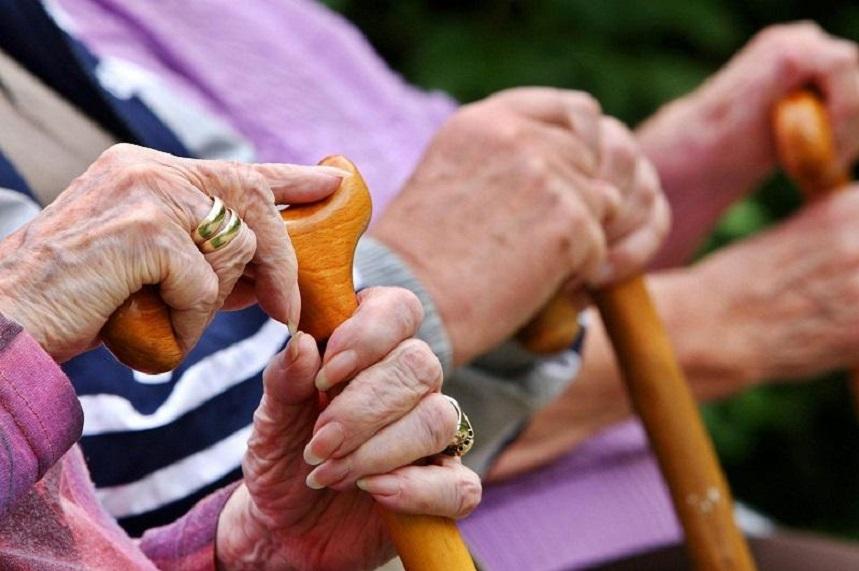It is believed that the balance between weight gain and loss depends, first of all, on what a person eats and how active his lifestyle is. American scientists at Vanderbilt University in Nashville, Tennessee have found that it is equally important when a person eats.
The biological clock determines the time when the food that a person consumes, is broken down in the best way. The body burns certain substances better at different times of the day. The body circadian rhythm is programmed in such a way that carbohydrates are well absorbed in the morning, and fats are burned during sleep. If you have a substantial snack before bedtime, the fats will not have time to split and this will delay their burning.
Scientists conducted an unprecedented experiment. Several volunteers of middle age and older did not leave the so-called metabolic room located in the university building within two sessions 56 hours each. The scientists were continuously evaluating the participants' energy consumption, metabolic rate, respiratory metabolism, oxidation of carbohydrates and lipids during the study.
During both sessions, the participants had exactly the same daily routine, sleep and physical activity. The diet was also the same in quantity, grocery set and number of calories. The only difference was in diet routine. During the first session, the participants had their breakfast from 8:00 to 9:00, lunch - from 12:30 to 13:30 and dinner - from 17:45 to 18:15; and in the second: the breakfast was replaced by only a cup of tea or coffee without sugar, lunch and dinner every day at the same time and a late snack before bedtime from 22:00 to 23:00 similar to a missed breakfast in calories.
The results showed that in the second case the evening snack food was much worse broken down than the same food eaten during breakfast, and the fats consumed at bedtime were stored rather than burned. When going to sleep immediately after a late dinner, the body began to metabolize primarily carbohydrates, and kept fats “for later”.
Moreover, the scientists noticed that in the second option, when people do not eat breakfast, they have an increased craving for sweets and higher blood sugar during the day.
The authors conclude that those who want to lose weight should not limit themselves to eating during breakfast. Besides, the habit of running away to work on an empty stomach is very harmful, as, according to scientists a person consumes more food in a day under this scheme.
The longer the interval between dinner and breakfast, the better, the researchers believe. This diet will help to lose weight and prevent metabolic disorder development. This is especially important for senior people whose metabolic processes are already impaired due to age.
Source: https://ria.ru/20200302/1566982004.html
Photos are from open sources.





